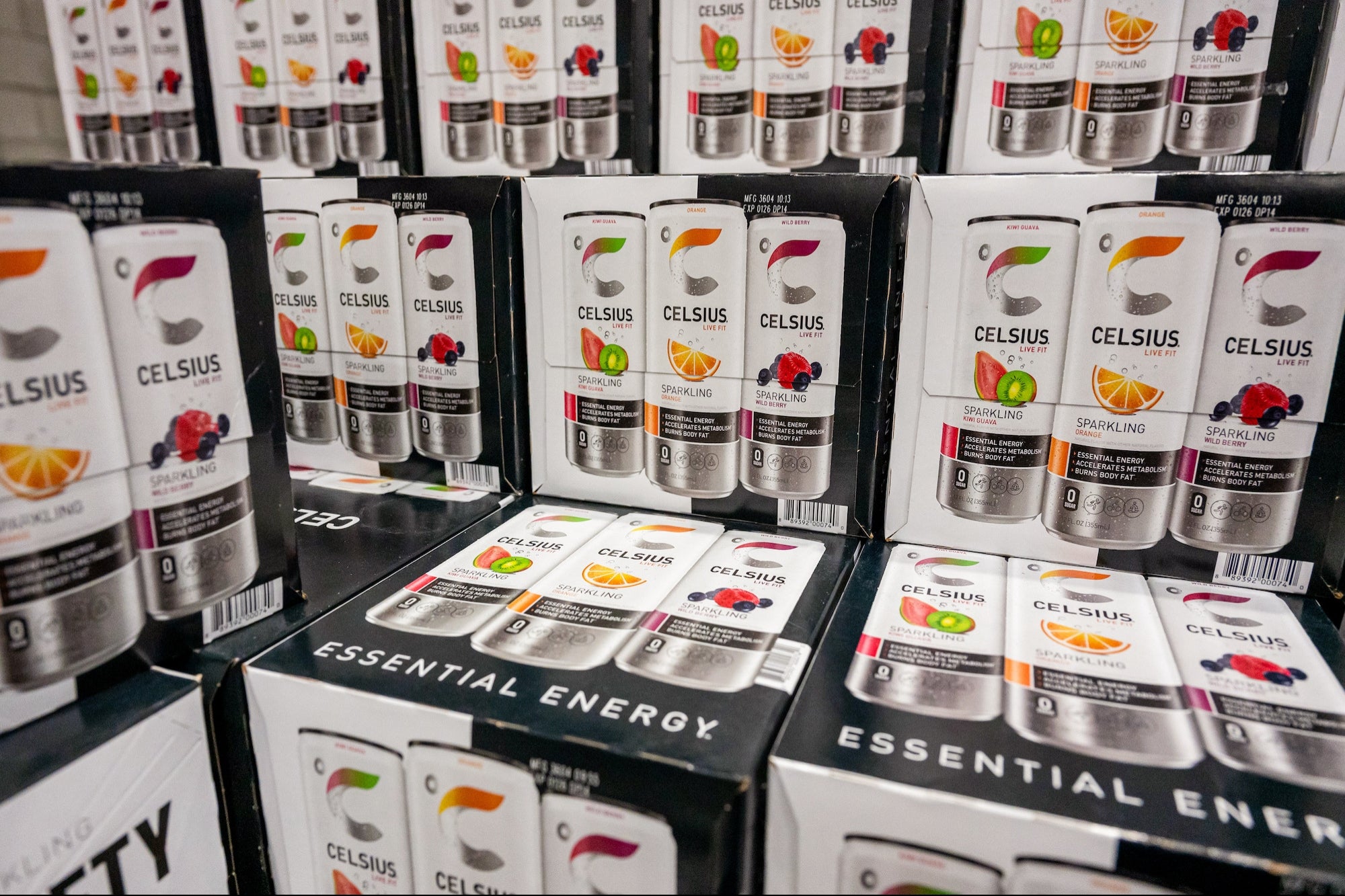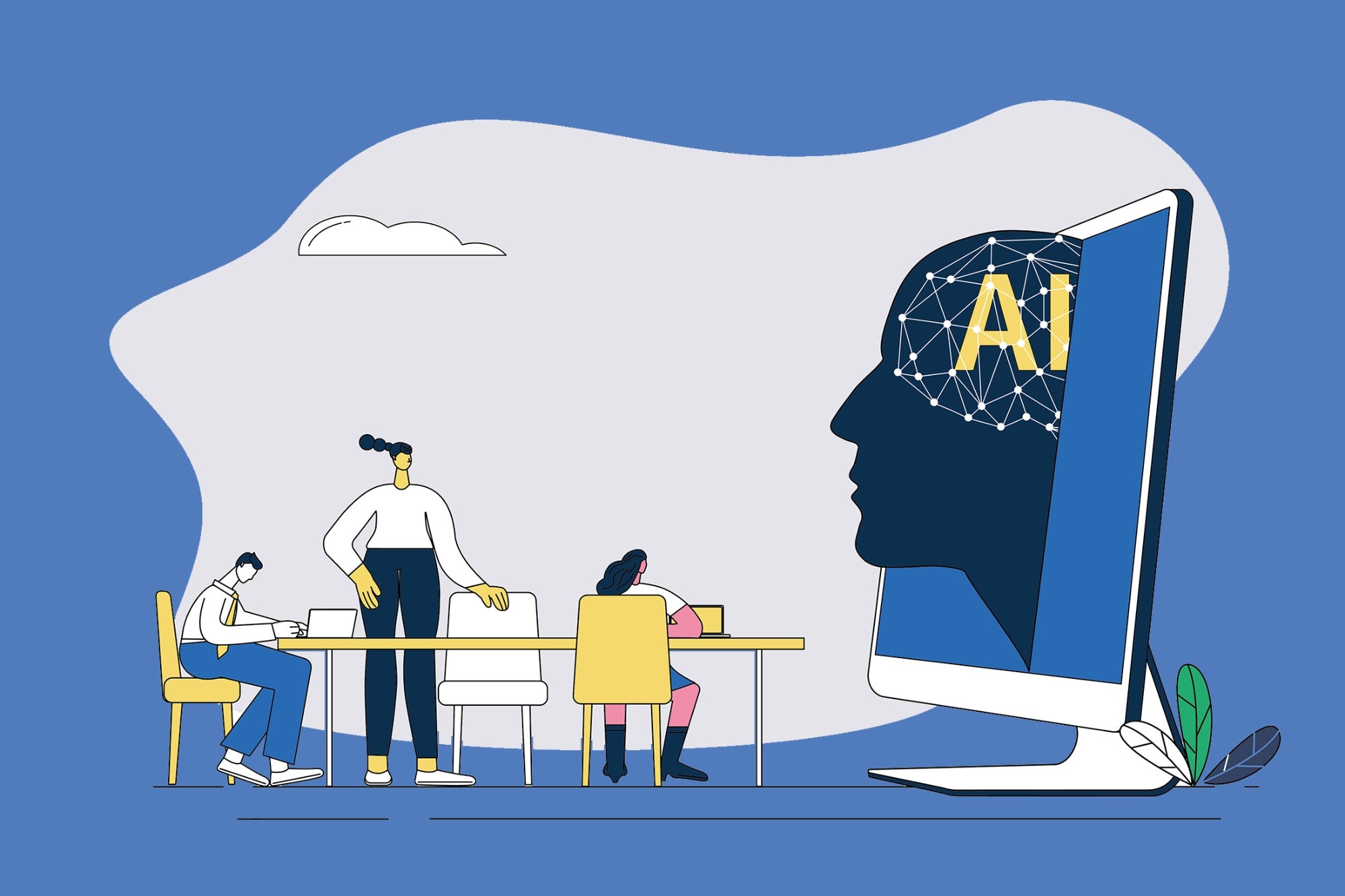Why You Don't Need a Digital Detox to Loosen Technology's Grip Many people find themselves addicted to checking their smartphones, but you don't have to quit cold turkey to reduce the "fear of missing out" anxiety. Here are three small ways you can become less tech-dependent.
By Lisa Evans Edited by Dan Bova
Opinions expressed by BIZ Experiences contributors are their own.
Do you find yourself checking your smartphone constantly? Do you look at your email and Twitter feed even before your morning shower? If you answered yes to these questions, Psychologist and California State University Professor, Dr. Larry Rosen says you may have an iDisorder -- an addiction to technology. In his book iDisorder: Understanding our Obsession with Technology and Overcoming its Hold on Us, (Palgrave Macmillan, 2013) Rosen says our over-reliance on technology induces behaviors similar to those of anxiety-based psychological disorders including obsessive-compulsive disorder.
While we may assume technology is making us more productive, Rosen says tech-related anxiety (that feeling that you can never be without your smartphone) is counterproductive, not to mention bad for our emotional and physical health. "If we're anxious, that means the brain doesn't have enough processing power to really do a good job at what we're supposed to be doing," says Rosen.
But you don't have to give up technology completely to recover from your overdependence. Restoring balance to your overloaded, tech-obsessed brain can be achieved with a few simple steps.
1. Give your brain a break.
Just as a computer can overheat, our brains can get overloaded by our use of technology. To calm down the brain, Rosen recommends taking a break every 90 minutes. A ten-minute walk outdoors, meditation, exercise, listening to music or even having a laugh with a colleague is enough to reset your brain.
2. Implement "tech breaks" into meetings.
More often than not, we're obsessively checking our smartphones because we're anxious about missing something, not because we need to urgently respond to something. The key to overcoming this tech-related anxiety, according to Rosen, is to implement "technology breaks" in meetings. Begin by allowing everyone to check their devices for one to two minutes, then put the devices on silent, placing them screen-down on the table and set a timer for 15 minutes.
Related: The 18-Minute Ritual That Will Boost Your Productivity
Having the device within visual range is critical as it sends a signal to the brain to not be anxious. Rosen says simply knowing you will be able to check the device in under 15 minutes seems to relieve anxiety. When the alarm rings, everyone is allowed one to two minutes to check their devices before repeating the process. The 15 minute timer can gradually be increased to 20, 25 and eventually 30 minutes. "The idea is you're trying to train the brain not to release those neurotransmitters that signify anxiety," says Rosen, who has used this technique with great success in classrooms, boardrooms and even family dinner tables.
3. Minimize distractions.
"Electronic communications tend to distract people every three to five minutes," says Rosen. He says checking email and social media repeatedly are anxious responses that cause us to lose productivity. To minimize these distractions, Rosen recommends checking email every 15 or 30 minutes and turning off notifications in the times in between. Having set times during the day for checking email or social media updates helps to minimize distractions and helps ease tech-related anxiety throughout the day.
Related: 5 Ways to Control Your Email Inbox











